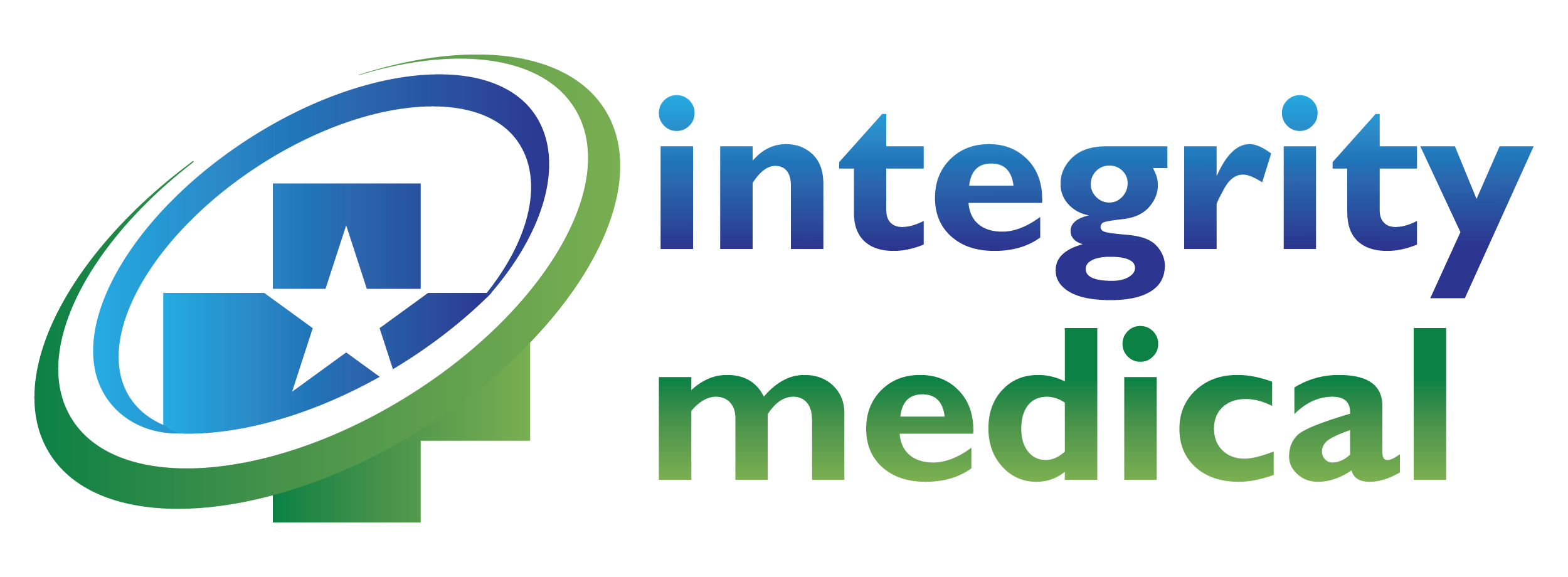New RPM Patient? Visit the Onboarding Page.
RPM
What is Remote Patient Monitoring (RPM)?
Remote Patient Monitoring (RPM) uses digital technologies to collect and securely transmit health data from patients at home to healthcare providers. This allows for continuous monitoring and timely interventions without the need for frequent in-person visits.
Key Components:
- Devices: Wearable sensors, blood pressure monitors, glucometers, and more.
- Data Transmission: Health data is sent via the internet or mobile networks to healthcare providers.
- Data Analysis: Healthcare providers analyze the data to monitor health and detect any issues.
- Feedback and Intervention: Providers offer feedback, adjust treatments, and take necessary actions based on the data.
Benefits:
- Continuous Monitoring: Real-time health data allows for prompt interventions.
- Improved Access: Ideal for patients in remote areas with limited healthcare access.
- Patient Engagement: Encourages patients to take an active role in their health.
- Fewer Hospital Visits: Helps manage chronic conditions and reduces hospitalizations.
- Cost-Effective: Saves costs by preventing complications and reducing in-person visits.
Applications:
- Chronic Disease Management: Diabetes, hypertension, heart disease, and more.
- Postoperative Care: Monitoring recovery after surgery.
- Elderly Care: Ensuring the safety and well-being of older adults.
- Mental Health: Supporting mental health with wearable devices and apps.
RPM is revolutionizing healthcare by using technology to enhance patient care and streamline healthcare delivery.
